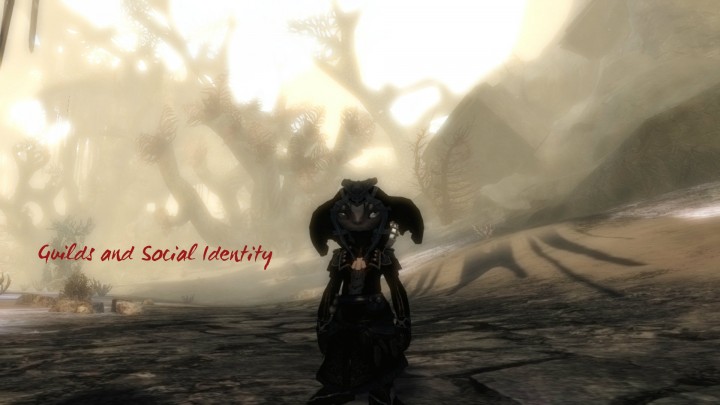As gamers we are used to switching between alternate realities by immersing ourselves into the games we play. In my article “Does gaming impact my dreams?” I discussed this subject further while musing over the reasons why gamers more often experience lucid dreaming than their peers. I ended the article by saying:
When we then enter the world of dreaming, do we [as gamers] then recognize the signs of fiction and fantasy more easily than others? It is indeed an intriguing idea and the philosophical implications of this is fascinating to me. But more on that another time.
Well, my friends, it’s “another time”. It’s about to get deep!
When I hit the play button and enter a new game I am very much aware















